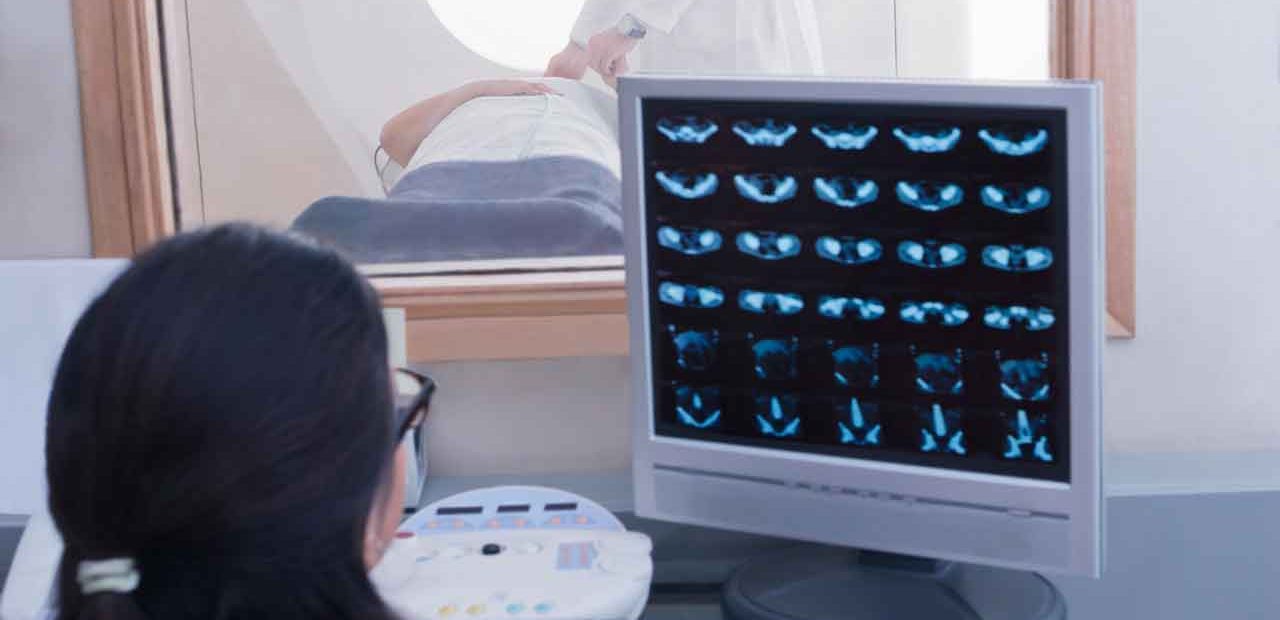The Patient Experience on a Research Study

We often hear about advancements in clinical trials and scientific research, but tend to overlook that at the heart of these studies is the patient who volunteered to be a participant. The most effective way to study a medical condition is to follow patients in real-time as they navigate their healthcare decision making in the context of everyday life. When eligible and willing to participate in a trial, patients have an opportunity to provide honest data to a growing body of work that will guide upcoming treatments and therapies for future generations. The idea of paying it forward appeals to these volunteers.
Recent literature suggests that the primary reason for joining a clinical trial is altruism – the selfless desire to help others with no apparent personal benefit. How reassuring! In an era of quick fixes, it is encouraging that volunteers are still willing to offer up their experiences to inform the slow, impersonal process of scientific discovery. Patients also join a trial because the study topics are relevant to their personal health or that of a loved one, and because they anticipate learning about medical topics and access to new therapies.
YOU MIGHT ALSO LIKE: Our Healthcare Choices Section
Many factors determine whether a patient has a positive experience while on a clinical trial or research study. Participants note that forming a close relationship with staff, learning something new, and accessing personalized treatments are associated with positive feelings. Patients also voiced interest in being informed about the study results and having access to the publications, which helps affirm the value of their contributions and sacrifices [1]. When engaged in the process, they are more willing to meet the study demands.
An important note is that any visit, procedure, or questionnaire that is research-related is always optional. A study participant should never feel pressured to undergo additional tests and may decline or drop out of the study for any reason at any time, with no negative impact on their overall medical treatment. The study doctor also reserves the right to withdraw a patient from the trial at any time, usually for safety reasons. That said the most valuable information a patient can provide is a large quantity of it. Researchers design study visits and assessments in a specific manner, usually with statistical analyses in mind. If willing and able, a patient that is compliant and completes all of the study measures, regardless of the actual results, is a statistician’s dream.
Sometimes patients challenge the phrasing on a questionnaire or find the instructions to be confusing; this feedback also provides data to the researchers. The study doctors want to ensure that patients understand why questions are being asked so that they know how to answer accordingly. Speak up if something is unclear.
Another way to positively impact the study experience is to stay engaged in the scientific discovery process. If you are treated at a research hospital or large medical center, the scientists are right there in the clinic. Most investigators enjoy discussing their research, and will readily answer questions about a study’s aims and overall goals.
The nature of a clinical trial is to collect data over time and simply observe what happens. As a participant, the best way to impact the study is to provide honest information by living your life and letting the research team follow along. There is no right or wrong answer to any questionnaire or test, yet patients often fret about what they are supposed to report instead of what actually happened. Rather, participants provide valid study results through their opinions, and the value of the outcome lies in the individual experience. When pooled together with many other individual experiences, trends become apparent and new questions arise for future study.
Ultimately a researcher wants a patient to feel respected, valued, and satisfied with their study participation. At the end of the trial a participant will have provided entirely unique and invaluable data that will impact advancing medical practice – quite the significant contribution. Meanwhile, patients may also experience a mutual benefit. A recent study reported that the act of participating in a clinical trial and completing questionnaires improved the overall clinical experience. A continued focus on the individual will be essential for the ultimate success of clinical trial research in the future.
YOU MIGHT ALSO LIKE: Introduction to Clinical Research – How to Spot Good Stuff